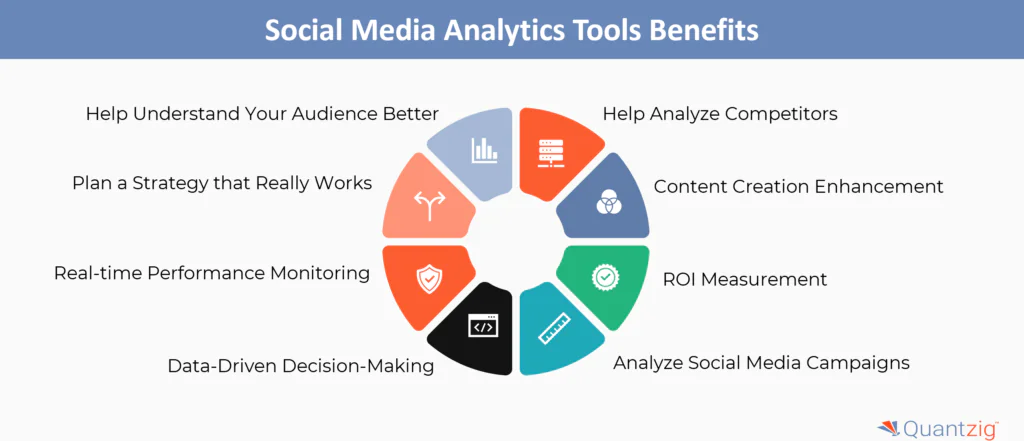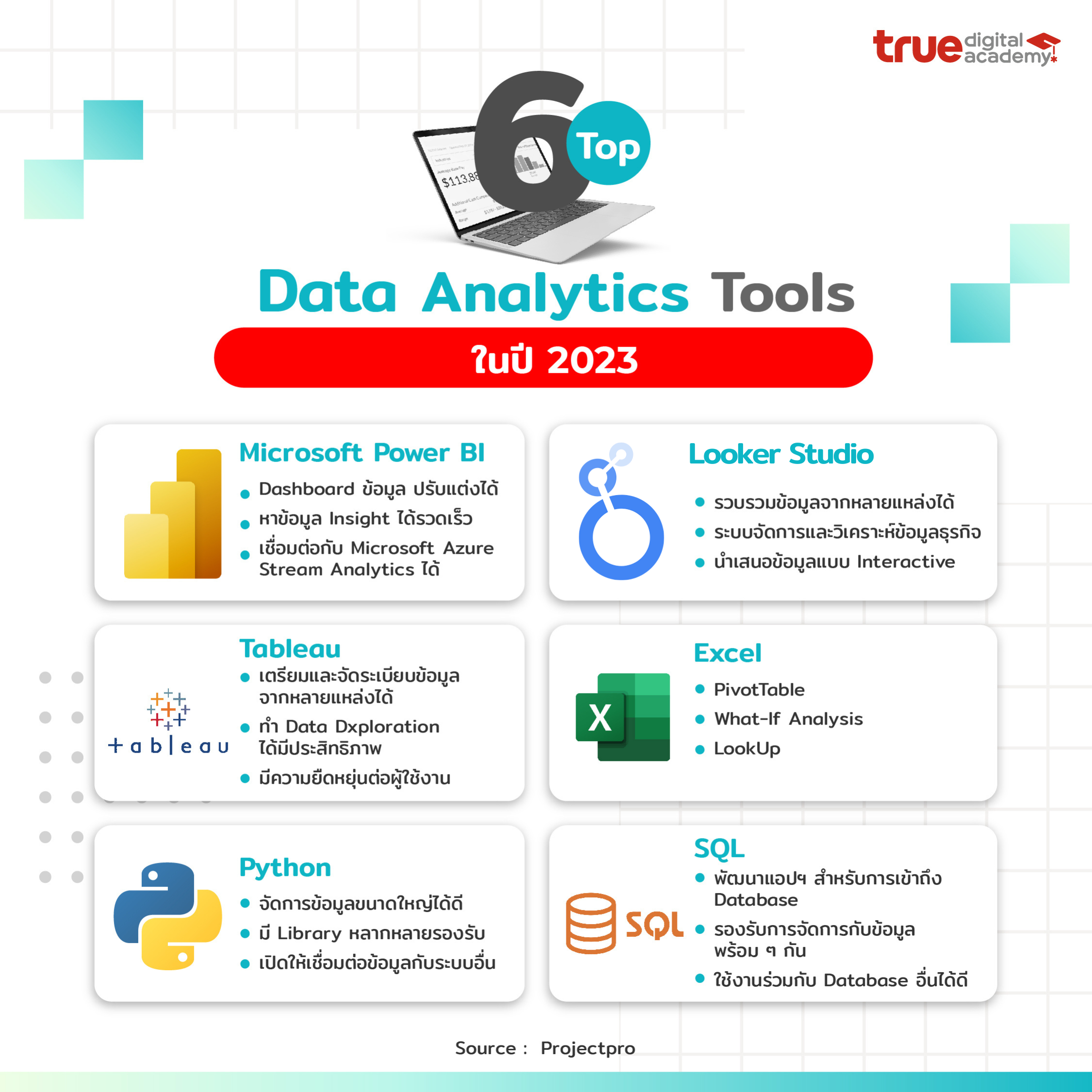Boost ROI and Performance Via Strategic Analytics Preparation
Boost ROI and Performance Via Strategic Analytics Preparation
Blog Article
Optimize Development: Exactly How Analytics Drive Better Methods
In today's data-driven landscape, companies increasingly recognize the essential function of analytics in shaping reliable growth methods. By using data understandings, services can fine-tune their functional methods, anticipate market modifications, and enhance customer interaction. Nonetheless, the obstacle exists not only in collecting information but in successfully interpreting it to drive concrete results. As we discover the crucial advantages and methods related to analytics, an important inquiry arises: how can organizations guarantee they are leveraging these understandings to unlock their complete possibility? The response might redefine the future of critical preparation.
Understanding Information Analytics
Information analytics is an organized computational analysis of data that makes it possible for organizations to uncover purposeful patterns and insights. This process incorporates a variety of techniques, consisting of analytical evaluation, predictive modeling, and data mining, which collectively aim to transform raw data right into actionable details - Analytics. By employing these techniques, organizations can make informed choices that are rooted in empirical evidence rather than intuition alone
The structure of data analytics depends on its capability to deal with huge amounts of details from varied resources. This includes structured information, such as databases, and unstructured information, consisting of social media sites interactions and consumer feedback. Through the use of specialized software program and tools, analysts can remove and process this information successfully, recognizing patterns and relationships that may not be promptly apparent.
Comprehending data analytics also involves recognizing the importance of information high quality and stability. Precise and trusted information is crucial for purposeful analysis; therefore, companies should carry out robust information administration practices. The repetitive nature of analytics enables for continual improvement and enhancement of approaches, guaranteeing that companies remain agile in the face of transforming market dynamics and customer actions.
Key Advantages of Analytics

One of the crucial advantages of analytics is its capability to offer workable understandings. Organizations can swiftly evaluate large amounts of information, revealing patterns that might not be quickly noticeable.
An additional substantial advantage is boosted client understanding. Analytics tools enable businesses to section their audience, track customer habits, and personalize marketing initiatives. This targeted strategy not just improves customer engagement yet likewise drives greater conversion rates.

Implementing Analytics Techniques
To totally realize the benefits of analytics, organizations need to take on structured techniques for implementation. This starts with clearly defining goals that line up with wider service goals. By establishing certain, quantifiable end results, organizations can focus their analytics efforts on areas that yield the highest roi.
Next, organizations ought to prioritize data governance to ensure the honesty and safety of the information being analyzed. This entails establishing protocols for information collection, storage space, and access while adhering to pertinent regulations. Guaranteeing premium data is vital for generating why not find out more significant understandings.
Additionally, fostering a culture of data-driven decision-making is crucial. This needs training employees to analyze analytics searchings for and encouraging cooperation across departments. When teams comprehend the value of analytics, they are extra likely to incorporate understandings right into their everyday procedures.
Last but not least, organizations need to on a regular basis review and refine their analytics strategies. The landscape of information and technology is continuously progressing, and remaining versatile will certainly allow organizations to utilize brand-new tools and methods properly. By applying these organized methods, organizations can make best use of the effect of their analytics campaigns and drive sustainable growth.
Tools for Efficient Evaluation
Efficient analysis depends on a range of tools that promote the removal of understandings from information - Analytics. These tools can range from easy spread sheet applications to sophisticated equipment finding out platforms, each serving an unique objective in the analytical process
Data visualization software application, such as Tableau and Power BI, plays a crucial function in changing intricate datasets into easy to understand graphical representations. These tools enable experts to determine patterns and patterns rapidly, allowing for even more informed decision-making.
Analytical analysis software program, like R and SAS, uses innovative capacities for conducting comprehensive evaluations, consisting of regression, theory testing, and anticipating modeling - Analytics. These functions encourage companies to attract significant final thoughts from their information, determining potential chances and threats
Furthermore, database management systems such as SQL and NoSQL data sources provide the necessary framework for storing and quizing large quantities of information effectively. They make sure that data is organized and available for analysis.
Finally, business knowledge platforms discover this info here integrate various information resources, providing a thorough view of organizational performance. By making use of these tools successfully, organizations can enhance their analytical capacities, enabling them to establish approaches that make best use of growth and improve general efficiency.
Situation Researches of Success
Effective companies frequently leverage information analytics to drive impactful strategies, as confirmed by numerous noteworthy case studies. One noticeable instance is Netflix, which utilizes sophisticated algorithms to assess viewer choices and behavior. By using these understandings, Netflix has successfully customized its material suggestions, causing increased individual involvement and subscriber retention. Their data-driven strategy has actually definitely contributed to their condition as a leading streaming service.

Furthermore, Starbucks uses information analytics to identify optimum shop locations and improve its item offerings. By analyzing client demographics and buying patterns, Starbucks efficiently identifies high-potential markets and tailors its food selection to regional tastes, driving sales and customer loyalty.
These instance studies illustrate that reliable application of information analytics can result in tactical benefits, cultivating technology and development within companies across various industries.
Final Thought
Finally, the combination of analytics right into organizational approaches significantly boosts decision-making processes and cultivates sustainable development. By leveraging data-driven understandings, companies can identify trends, prepare for market changes, and enhance procedures. The efficient execution of analytics tools better sustains agility and advancement, enabling organizations to browse competitive landscapes with greater precision. Ultimately, a commitment to analytics not just drives prompt efficiency renovations however likewise protects long-lasting success in an ever-evolving industry.
Data analytics is an organized computational analysis of data that makes it possible for organizations you could look here to uncover meaningful patterns and insights.Comprehending information analytics also includes identifying the value of information top quality and integrity. Accurate and trustworthy data is important for significant analysis; therefore, organizations need to execute robust data governance methods.Next, companies need to focus on data administration to make sure the integrity and safety of the information being examined.Effective organizations usually take advantage of information analytics to drive impactful approaches, as confirmed by several significant case research studies.
Report this page